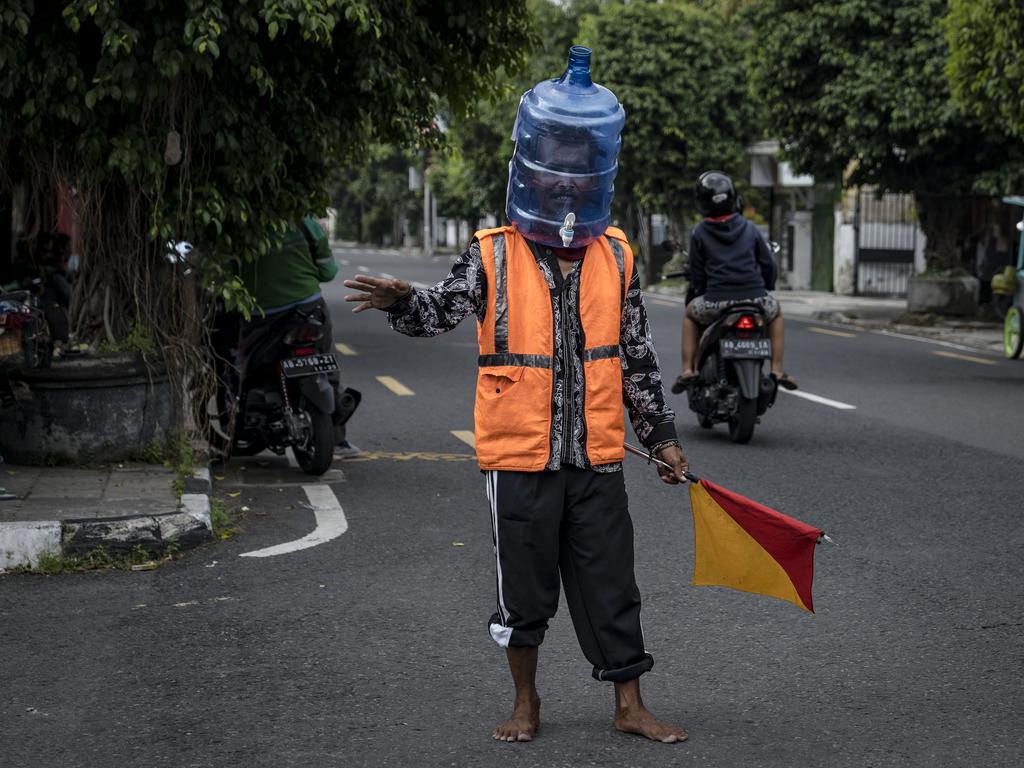Coronavirus: Jokowi order millions to cancel travel plans
Indonesian President Joko Widodo has banned the homecoming known as mudik, for the Muslim holiday of Eid.

Indonesian President Joko Widodo has banned the homecoming known as mudik, for the Muslim holiday of Eid, to prevent a mass escalation of the coronavirus across the archipelago nation.
Jokowi, as he is known, announced the decision two days before the start of the holy fasting month of Ramadan, which precedes Eid, and sees the return of millions of Indonesians to their home villages in May.
“Today I am announcing a ban on mudik (effective from Friday),” he said in a live-streamed announcement. “Please prepare the necessary steps for this,” he said.
Public health experts have been warning for weeks that the mass exodus could spread the virus to remote corners of the country least able to cope, and significantly escalate potential COVID-19 deaths in a country that already has one of the highest mortality rates (9 per cent) in the world.
But Jokowi said he was ultimately swayed by a transport ministry survey that showed 24 per cent of Indonesians still intended to return home after Ramadan, despite government entreaties to remain where they were for the religious holiday, and that 7 per cent of the 267 million-strong population had already gone. He did not say what penalties, if any, would be imposed on those who violate the order.
The government had already prohibited civil servants, military, police and state-owned enterprise employees from going home for Eid, but had resisted a universal ban because of the likely suffering it would cause labourers and informal workers, many of whom are now out of work because of partial lockdowns enforced in several major cities. Instead, the government has offered financial incentives for those who stay behind, and gazetted an alternative holiday in December.
Some estimates suggest more than a million people have already left Greater Jakarta because of a lack of work and fear that an imminent ban could leave them stranded in an expensive city at the most sociable time of the year.
University of Indonesia epidemiologist Pandu Riono, whose modelling found mudik could cause at least 200,000 additional cases on Java island, welcomed the decision but warned it would be ineffective without enforcement.
“The mudik ban can be a life-saving decision if enforced properly. Travellers who risk infecting their relatives may cause life-threatening infections in the elderly, and hospitals won’t be able to cope,” Professor Pandu said.






To join the conversation, please log in. Don't have an account? Register
Join the conversation, you are commenting as Logout